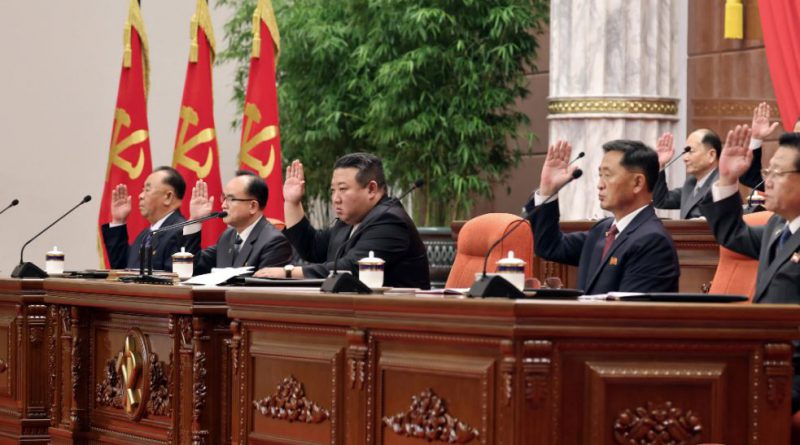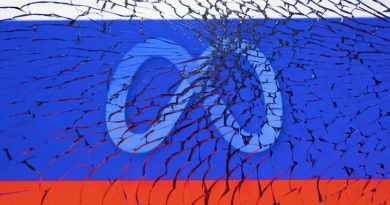North Korea says botched satellite launch was ‘gravest failure’
Seoul (Reuters) – North Korea has said its botched military satellite launch last month was the “gravest failure” at the ruling party’s latest key meeting, state media KCNA reported on Monday.
The enlarged plenary meeting was held between Friday and Sunday, ordering workers and researchers to analyze the failed military satellite launch and prepare for another in the near future.
Those in charge of the satellite launch were “heavily criticized,” the report said.
It marked the eight enlarged plenary meeting of the 8th Central Committee of the Workers’ Party of Korea (WPK), the country’s ruling party.
The North Korean rocket plunged into the sea “after losing thrust due to the abnormal starting of the second-stage engine,” Pyongyang said after the launch failure in an unusually candid admission of a technical problem.
North Korea also vowed it will continue to develop its nuclear capability and strengthen solidarity with other countries that oppose what it called the “U.S. strategy for world supremacy.”
The meeting also discussed ensuring self-sufficiency in food supply by increasing the country’s agricultural output and meeting the annual grain production target.
Earlier this year, South Korea’s Unification Ministry said the food situation in the North “seemed to have deteriorated”.
The isolated country is under strict international sanctions over its nuclear weapons and ballistic missile programs and its economy has been further strained by strict self-imposed border lockdowns aimed at stopping COVID-19 outbreaks.
Separately, the KCNA report said Kim Yong Chol, who previously served as director of the United Front Department and is a close aide to leader Kim Jong Un, was named as an alternate member of the Political Bureau of the Party Central Committee.
Kim was sidelined after a summit with the U.S. in 2019 failed to reach a deal, a South Korean lawmaker said at that time. He steered negotiations for the summit working with his then-U.S. counterpart and former U.S. Secretary of State Mike Pompeo.



